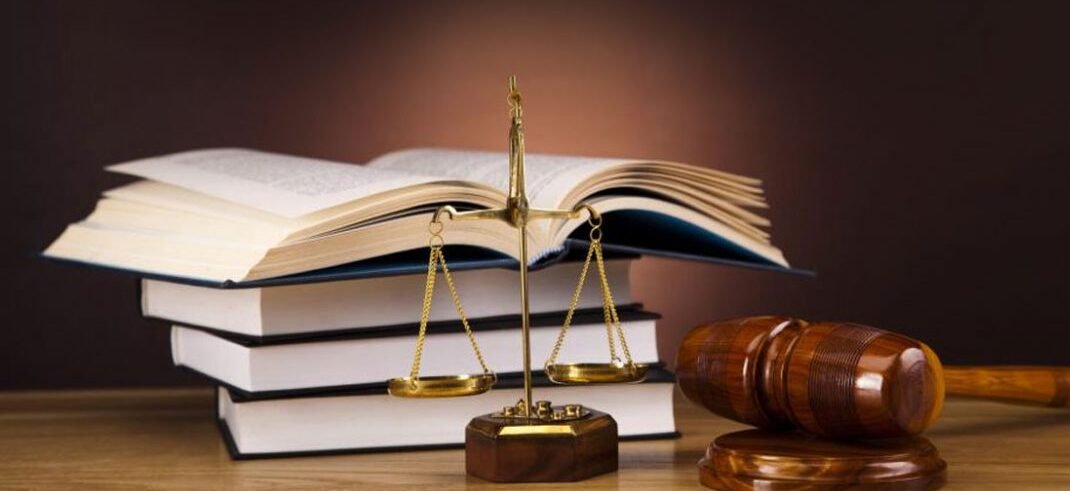Criminal appeals are a vital part of the legal system and they provide an opportunity for review and possibly reversal of wrongful conviction or unfair sentencing. This ensures that defendants can contest decisions made by lower courts. To this end, it is important to understand the basics of criminal appeals including their purpose, process, and potential outcomes.
The Purpose of Criminal Appeals
Generally, a criminal appeal aims at reexamining the trial court’s proceedings in order to ascertain whether there were any legal errors that substantially affected the verdict reached by the jury. Such appeals are not about trying cases afresh or introducing fresh evidence but rather about looking into whether there was right application of law as well as upholding rights of accused persons.
Grounds for Appeal
A variety of grounds warrant an appeal in a criminal case such as:
Legal Errors; these happen when a trial court misconstrues or misapplies law. For instance, inappropriate jury instructions, faulty admission or exclusion of evidence and mistakes in applying sentencing guidelines.
Ineffective Assistance of Counsel; under the constitution, defendants have a right to be represented effectively by their attorneys. Consequently if it can be proven that the performance by defense attorney was deficient and that this deficiency worked against the defendant’s interest then an appeal would lie on those grounds.
Prosecutorial Misconduct; prosecutorial actions which violate defendant’s rights such as failure to disclose exculpatory evidence or improper statements during jury trials can become grounds for appeal.
Jury Misconduct; where there is proof that jurors acted wrongly such as discussing matters outside deliberation rooms or being influenced by external information it may form basis for appeal.
Newly Discovered Evidence: If new evidence emerges that could have significantly impacted the outcome of the trial, an appeal may be warranted.
The Appeals Process
Typically, criminal appeals go through several steps:
Notice of Appeal: Following conviction or sentencing within a given time frame, the defendant must file a notice of appeal. Such a declaration serves to indicate the intention to go for appellate review.
Briefs: Appellant and appellee write briefs to the appellate court. These are documents that contain legal arguments supporting and opposing the appeal, citing relevant statutes, case law and trial record.
Oral Arguments: Sometimes, the appellate court may hold oral arguments where advocates on both sides present their views before fielding questions from judges.
Decision: The appellate court considers briefs and trial record as well as possible oral arguments. Afterwards, a written opinion is delivered affirming, reversing or modifying lower court’s decision. In some cases it may remand the case back to trial court for further proceedings.
Potential Outcomes of an Appeal
The ruling made by an appeals court can have various implications like:
Affirmation; this means that there were no major errors in law committed by this Court which led to conviction with attendant sentence being upheld in its original form by higher courts.
Reversal; this occurs when an appellate overturns conviction hence leading to new retrials or even dismissing charges entirely on such accused persons;
Modification; sometimes sentences or convictions may be changed through lowering punishments’ severity or recharacterizing offences so done by the Court.
Remand: Here, the court sends the case back to the trial court for further action, and this could involve a new trial, additional hearings, or resentencing.
Finalization
Criminal appeals are an important safeguard in the legal system as they provide an avenue of redress for legal mistakes and ensure justice is applied equally. The grounds for appeal, the appeals process, and expected outcomes must be understood by anyone dealing with criminal law’s intricacies. By giving room for review and correction of judicial decisions, criminal appeals contribute to maintaining integrity and fairness within the judicial system.

